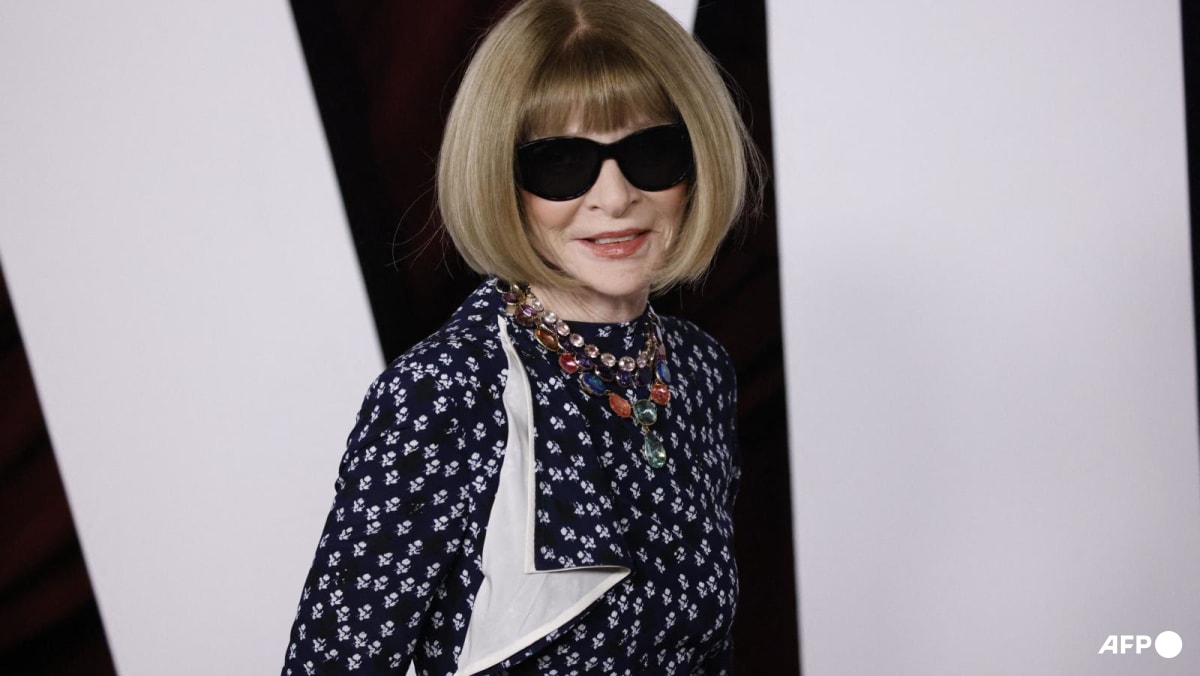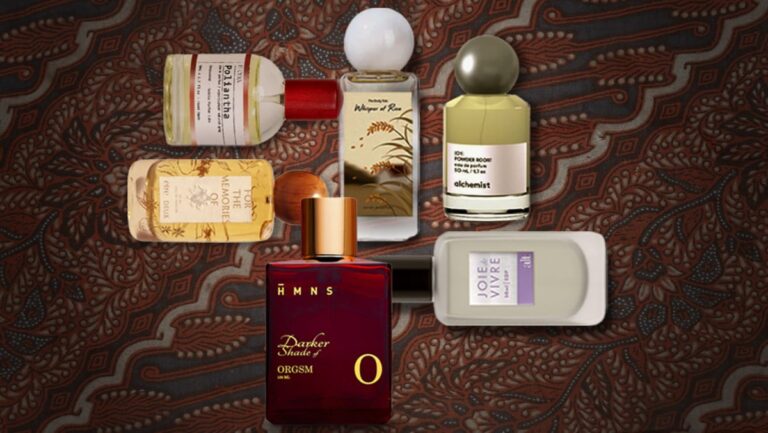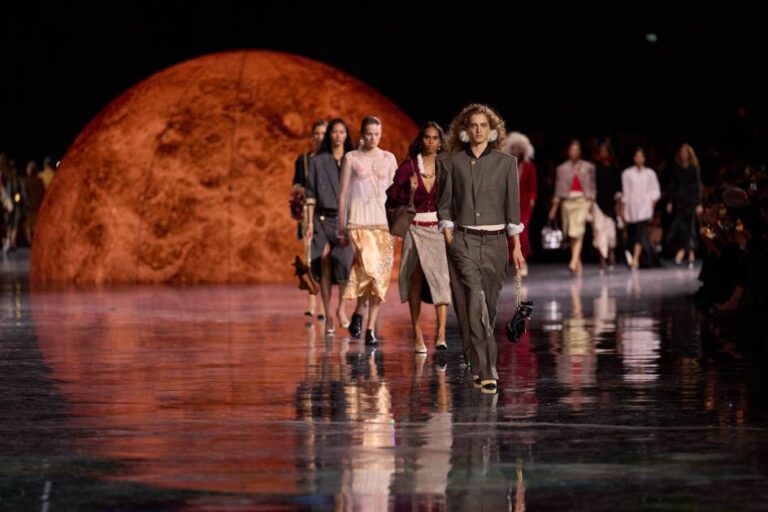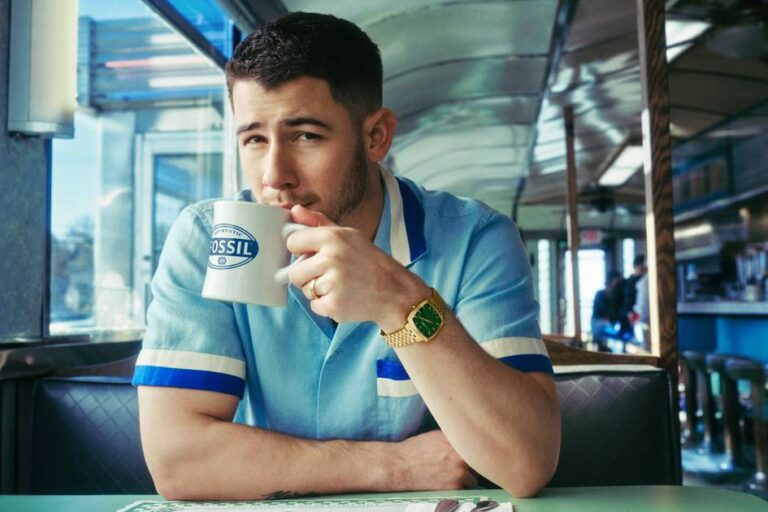Anna Wintour Departs as US Vogue Editor After 40 Remarkable Years

Anna Wintour, a prominent figure in the fashion industry, has stepped down from her role as editor of US Vogue after an impressive 37-year tenure. Often referred to as the most influential person in fashion, Wintour has left an indelible mark on the magazine and the industry as a whole.
At 75 years of age, Wintour is well-known for making the covers of Vogue an authoritative reference for contemporary fashion, commanding careful control over the magazine’s content. Despite her transition away from everyday editorial duties, she’s not retiring; rather, she will continue serving as Vogue’s global editorial director.
Wintour first gained notoriety as the muse for “The Devil Wears Prada,” a bestseller turned movie that brought her persona to the mainstream audience, with Meryl Streep delivering an Oscar-nominated performance as the fictional editor inspired by her.
During a recent team meeting in New York, Wintour revealed plans for US Vogue to find a new head of editorial content. Describing the choice as “pivotal,” she assured that her presence in her office will remain strong.
“I’ll be turning all my attention to global leadership and collaborating with our talented editors worldwide,” she noted.
Legacy and Recognition
In 2017, Wintour was honored with the title of British Dame, and earlier this year, she was appointed a Companion of Honour, a prestigious acknowledgment of her contributions. At the February ceremony in London, Wintour even removed her signature sunglasses to receive the honor, telling King Charles III that she has no intention of slowing down.
Raised in the UK by a British father and American mother, Wintour transformed US Vogue from a conventional publication into a trendsetting entity since taking the helm in 1988. Her leadership established Vogue as a major force in the fashion world, often dictating the rise or fall of designers and celebrities.
Under her guidance, Vogue expanded its reach to a global audience, supported by substantial budgets for models, creative design, photography, and journalism, all funded through robust advertising and high subscription costs.
Though Vogue remains a central player in fashion media, like many print magazines, it faces challenges in adapting to the digital landscape.
Known for her decisive approach—earning her the nickname “Nuclear Wintour”—she has a reputation for making quick decisions, sometimes without prior discussion. She is a familiar face at fashion shows, recognized for her iconic bob hairstyle.
The 2015 documentary “The September Issue” showcased her formidable presence while also revealing her more compassionate side.
Wintour has long orchestrated the Met Gala, the lavish charity event that draws high-profile figures from the fashion, film, politics, and sports worlds. A dedicated tennis player and enthusiast, she regularly attends Grand Slam finals and has actively supported Democratic political figures like Barack Obama and Hillary Clinton.
Before exiting office, Joe Biden awarded her the Presidential Medal of Freedom, one of the highest honors in the United States. As chief content officer at Conde Nast, she will continue overseeing major titles, including Vogue, Wired, and Vanity Fair.
For years, Wintour remained mum about “The Devil Wears Prada,” the concept born from her former assistant, Lauren Weisberger. However, when the story transitioned to a musical set to debut in London in 2024, she stated, “It’s for the audience to decide if there are any similarities between me and Miranda Priestly.”
On her sunglasses, she explained, “They assist me in seeing and not seeing. They serve as a prop, enhancing both visibility and invisibility in my world.”
What are your thoughts on Anna Wintour’s significant contributions to the fashion industry?





